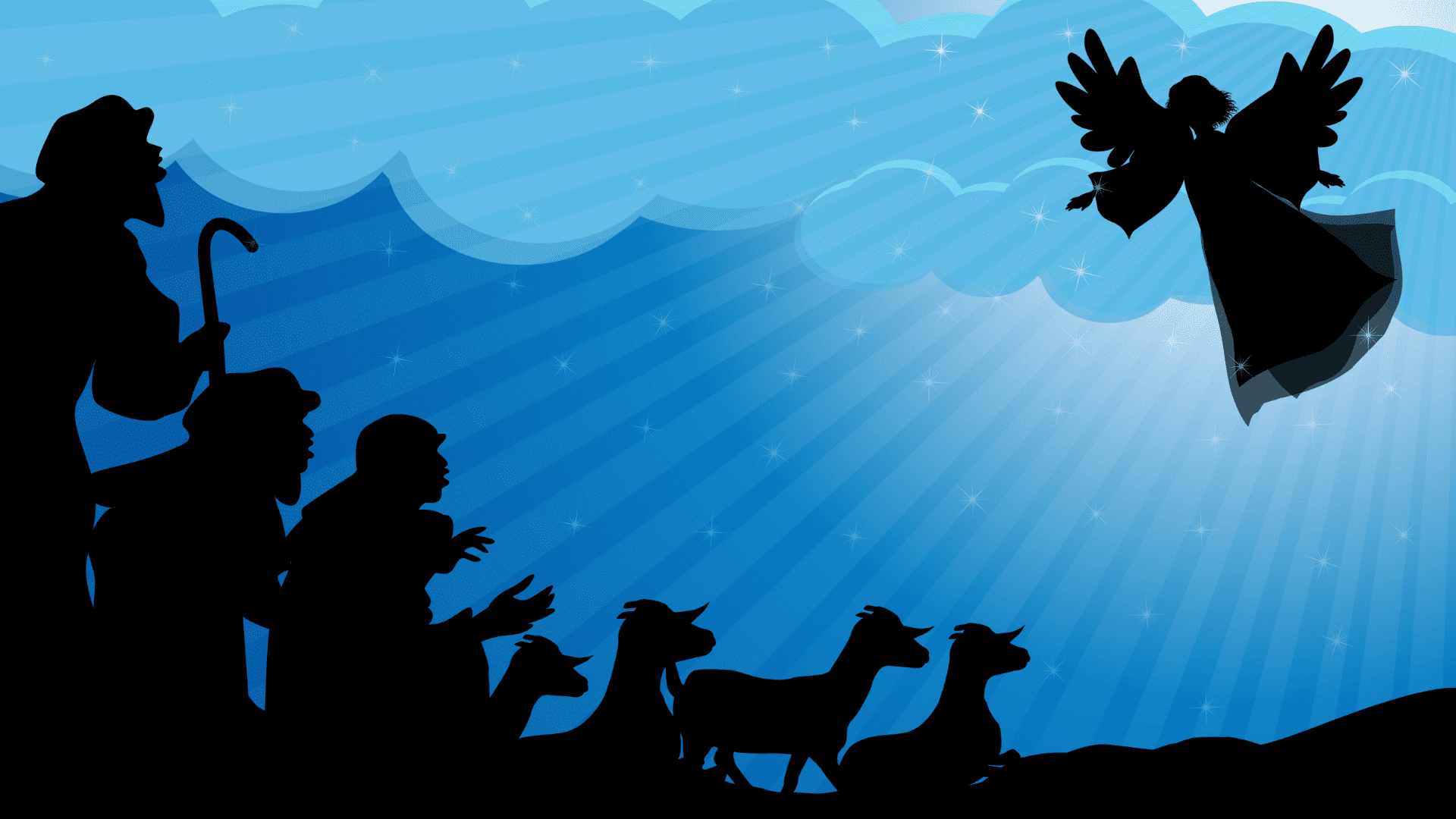I Will Follow (Luke 4:14-44)

Big idea: We're here to follow Jesus and bring freedom to unexpected people in unexpected places.
Purpose: To commit to follow Jesus into the margins
A young woman wanted to go to college, but her heart sank when she read the question on the application blank that asked, “Are you a leader?”
Being both honest and conscientious, she wrote, “No,” and returned the application, expecting the worst. To her surprise, she received this letter from the college: “Dear Applicant: A study of the application forms reveals that this year our college will have 1,452 new leaders. We are accepting you because we feel it is imperative that they have at least one follower.”
There are many questions you will have to answer in your life, but there is one major question that is of major importance: Will you follow Jesus? Not if you will lead – a leader who is not a follower is worth nothing. Will you, will we together, follow Jesus?
Of course, the question is “Where?” Where is Jesus leading?
Fortunately, Jesus does not do this. The passage we’re going to look at today clearly describes the direction and the destination where he is leading us. The key question isn’t going to be, “Is this the right way?” The key question is going to be, “Will you follow?”
Background: Jesus has just completed his preparation. He’s now going public with his ministry. The passage that we are about to read is his debut, his premier performance, his announcement of what he is all about. If you want to know what the ministry of Jesus is all about, this is the passage in Luke that tells us.
This passage is going to tell us not only where Jesus was going in his ministry, but where he asks us to follow today. Please open your Bibles to Luke 4.
Everything I want to tell you from this passage can be stated in one sentence that I’d like to build as we go through this passage.
We’re here to follow Jesus (14-15)
I was once in a convey following someone who knew the way. When came to a light that changed, he went through, turned, and left us all behind.
Key question: Where is Jesus going? Jesus was purposeful. When he began his ministry, he was clear about what he was going to accomplish. There is no mystery.
Verses 14-15 introduce us to Jesus as he goes public. In fact, the key question, from here to 9:50, is “Who is Jesus?” This is the key question that we need to be absolutely sure about. Unless we are clear on who Jesus is, and what he is doing, we will not be able to follow.
That’s why this passage is so important. It reveals who Jesus is and where he wants us to follow. This passage is all about understanding what Jesus came to do, and the appropriate response. The church’s call is an extension of his mission.
To bring freedom (16-21, 31-44)
It’s cool these days to have a mission statement. Every business seems to have them, even small ones. Churches have them. Some of you probably have a mission statement.
Who invented this? I don’t know, but I do know that Jesus had a mission statement long before mission statements even existed.
In synagogues, as part of the service, qualified men would read the Scripture and give instruction. Jesus, as a visiting rabbi, stood and quoted a passage from Isaiah 61 and announce this as his mission.
If you miss everything else, don’t miss this: Whatever bad situation you find yourself in, Jesus came to bring you freedom (verses 18-21). Examples: good news for the poor, freedom for prisoners, recovery of sight to the blind, release to the oppressed.
In the rest of the chapter (verses 31-44), Jesus puts on a clinic on what he means: casts out evil spirits, heals sicknesses, including Peter’s mother-in-law.
Objection: evil spirits? Seems strange today, and raises all kinds of questions – but reminds us that this is real.
Objection: I haven’t experienced complete freedom yet. Yes: but the kingdom hasn’t come fully yet. You are participants in the in-breaking of the kingdom.
There’s something that’s easy to miss in this passage. Isaiah 61:2 says: Jesus skips the part about vengeance. The Gospel is good news.
To unexpected people in unexpected places (23-30)
What would make the people decide to kill him? That’s exactly what they did (verses 29-30). They completely rejected his message (Deuteronomy 13:5).
God sometimes shows favor to the wrong people. He sometimes extends grace to those in the margins, rather than his own people.
Verses 22-27: Elijah sent to a Gentile widow; Elisha healed a Syrian
It was expected that God would liberate his people from their pagan enemies, not bless them. Jesus didn’t come to inflict punishment on those we expect him to judge, but to bring his love and mercy to them.
People like Paul Croutch, a homeless man killed in his sleep in Moss Park on August 31. James Bartleman, Ontario’s lieutenant-governor, says that Croutch’s murder means that all Canadians need to ask themselves, “Who and how society failed Paul Croutch.”
Croutch’s former wife said:
“Unfortunately, he refused help at every turn,” said Ms. Howard, who urged people to treat the problems of homelessness and mental illness more seriously.
“We need to talk about these [mental health issues],” she said. “We shouldn’t pretend we don’t see these people. Look them in the eye and say ‘hello.’ Just try to elevate people’s lives. One person can make a difference.”
We're here to follow Jesus and bring freedom to unexpected people in unexpected places.
Imagine going for a drive with Jesus through our community. “Where are we going?” “To some of my favorite people.” Drive past the mansions, drive past the church. Where are we going?
I asked somebody who’s living this, and here’s what she said:
I think Jesus would take us for a drive through North Etobicoke and ask us to look at the buildings with broken front doors, elevators that are broken and dimly lit dangerous stairwells -to drive though Jamestown and look at the garbage on the streets, the cars breaking down, the garbage dumpsters overfilling. He’d ask us to pick up garbage (as we think “how demeaning”) to go into houses leaving our shoes at the front door even though by the time we leave there may be cockroaches inside.
Jesus would ask us to ride public transit and really look at people's faces -and to smile more – shouldn’t our faces reflect the Joy of the Lord?
Jesus would also ask us to meet the needs that present in front of us – help someone who has fallen or dropped something, the homeless asking for money, those lost looking for directions.
We should approach each day asking Jesus to help us to see those around us with His eyes – not as the annoying coworker, or the lady who took my seat on the subway or the homeless person pestering me. – we need to remember that those people are as much God’s child as I am – He loves them as much as me. I don’t deserve to be born into the family, that I was born into, I don’t deserve the job I have the money I earn. It could have just as easily been me sitting on the curb asking for money or raising children while living under the poverty line.
One thing I do want to say is… I am totally hypocritical writing these things because I am the biggest sinner in these ways, it is so easy to get caught up in my own troubles, in my own life forgetting about those around me. Honestly I need to hear this sermon as much as anyone.
Question again: Will you follow Jesus to bring freedom to unexpected people in unexpected places?





